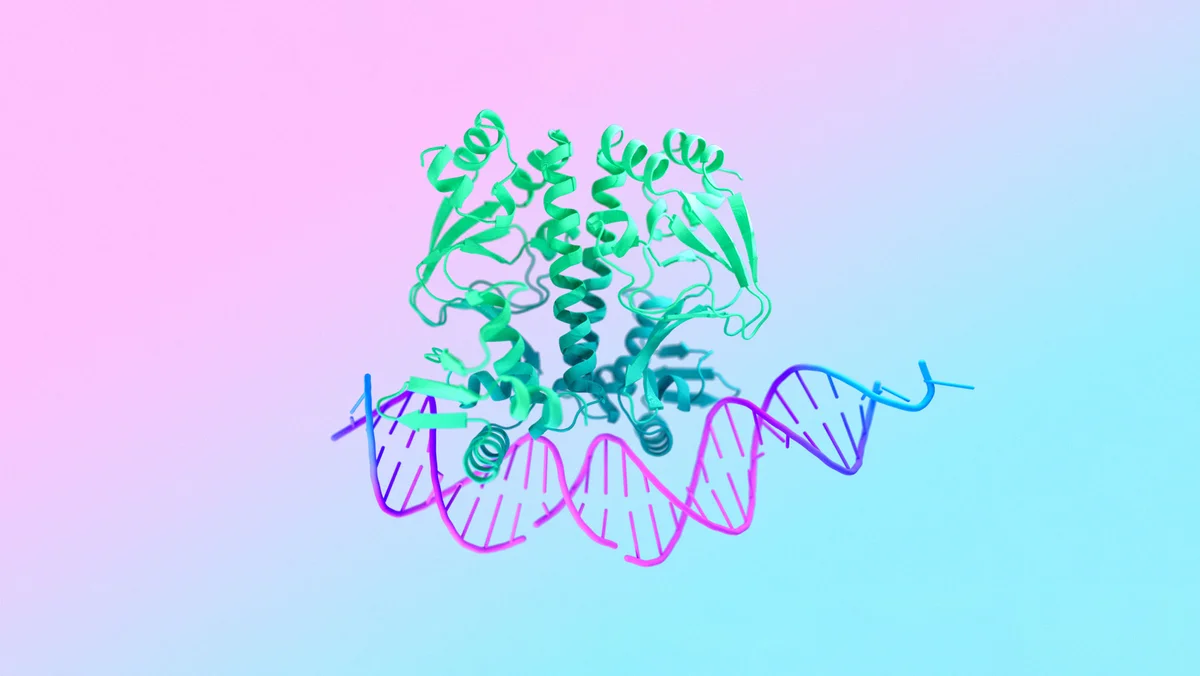Deepmind’s AlphaFold AI has achieved a breakthrough in the field of medical research. The AI program can accurately predict the 3D structure of a protein based solely on the amino acid sequence.
A computing achievement like this opens doors to opportunities that would have been unimaginable before.
Advancement like this directly leads to faster drug recovery, better disease treatments, and a better understanding of medicine at the cellular level.
This technology has been a long time coming. It turns out scientists and tech experts have been trying for years to be able to do what AlphaFold AI has finally achieved.
Throughout the years, alternative methods like X-ray crystallography and cryo-electron microscopy have been in focus. However, the precision delivered by this new tech is unlike anything before.
A protein’s form dictates how it functions in a body, which means that through this one piece of information alone, scientists can uncover a lot more crucial information.
Mapping these molecular architectures proved to be complicated due to the endless number of possibilities and configurations.
Highly advanced and accurate AI has enabled AlphaFold 3 to finally crack this problem. The AI has been trained through the use of a vast genomic database, including millions of protein structures.
The system has learned how to infer the physical rules that govern how amino acid sequences assemble themselves.
Takeaways of AlphaFold AI
Perhaps AlphaFold’s greatest impact will be accelerating drug discovery pipelines by streamlining how medicines are designed to interact with target proteins.
In its initial benchmarking, AlphaFold 3 demonstrated staggering accuracy in predicting the structures of proteins expressed across organisms, from viruses and bacteria to humans.
This predictive power has immense implications for developing more effective treatments for diseases by precisely engineering medicine to interface with disease-causing proteins.
Beyond its biomedical applications, AlphaFold’s mastery of protein folding has profound ramifications for diverse domains like clean energy and materials science.
Many of nature’s most sophisticated molecular machines are proteins, from enzymes that break down pollutants to materials that convert sunlight into fuel.
Unraveling these structures could inspire innovations like highly efficient biocatalysts for industrial processes or new solar cell designs mimicking nature’s photosynthetic mechanisms. The possibilities are vast.
Closing thoughts on AlphaFold 3
With the addition of AlphaFold AI, the world of medicine and biological research has uncovered a significant advancement and transformation.
By providing an accurate prediction of protein structures, the tech enables doctors to figure out immediately and with precision how a patient’s body functions.
Although the tech finds its applications mostly in medical discoveries, drug production, and even the development of clean energy solutions in the health sector, further applications and benefits are only unimaginable given its potential.
It’s safe to say that business leaders and entrepreneurs can look into the development and growth of tech like this to gain a better understanding of the innovative business model.



